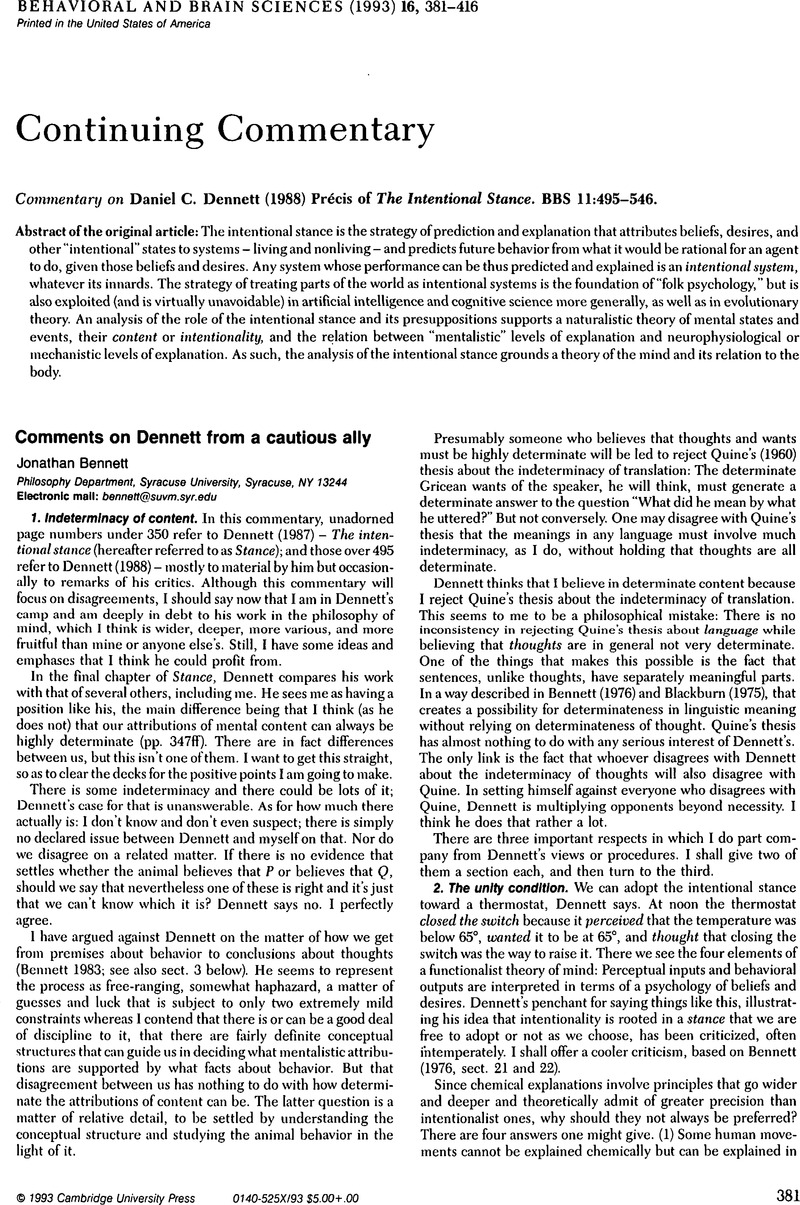Crossref Citations
This article has been cited by the following publications. This list is generated based on data provided by Crossref.
Ringen, Jon
1999.
Handbook of Behaviorism.
p.
159.



